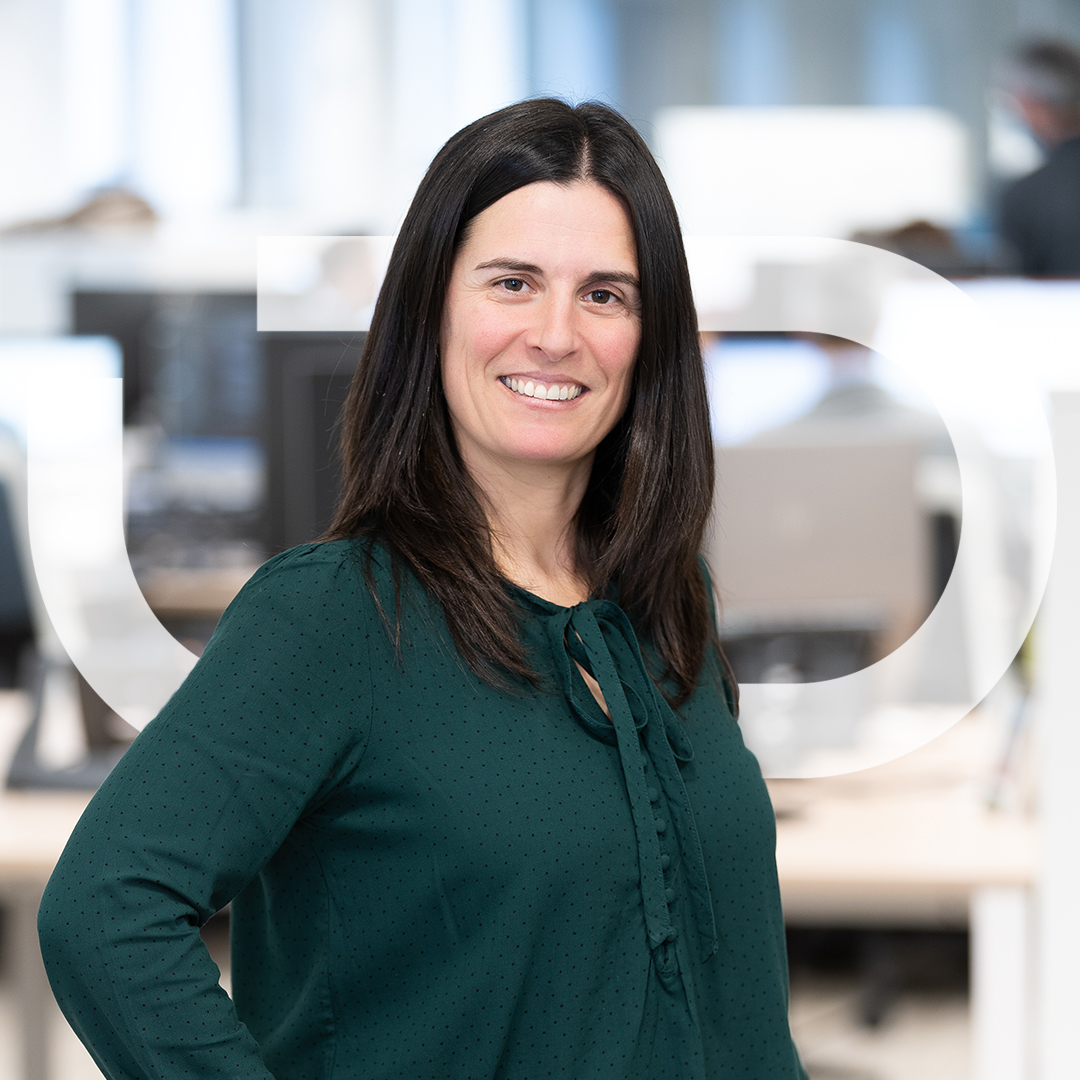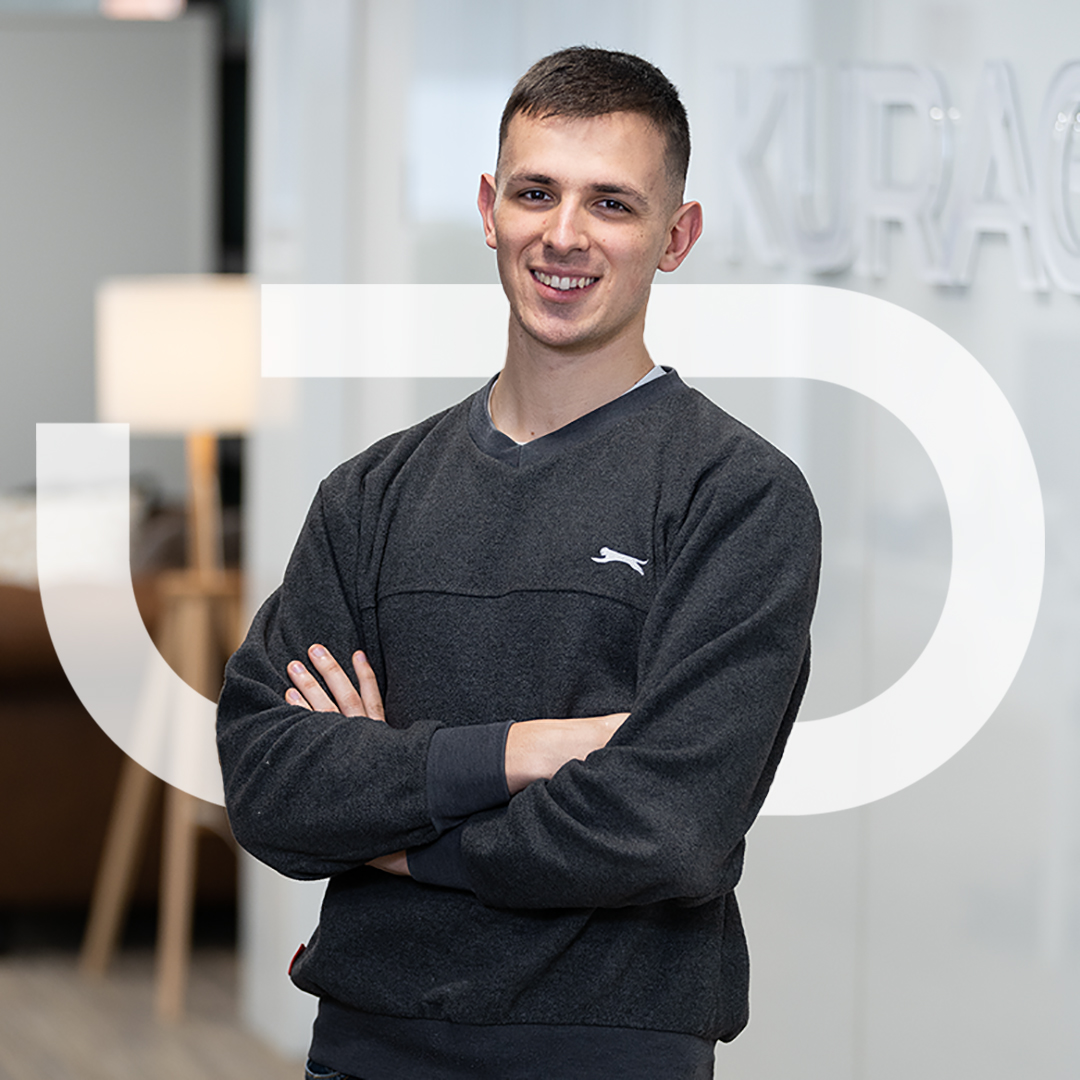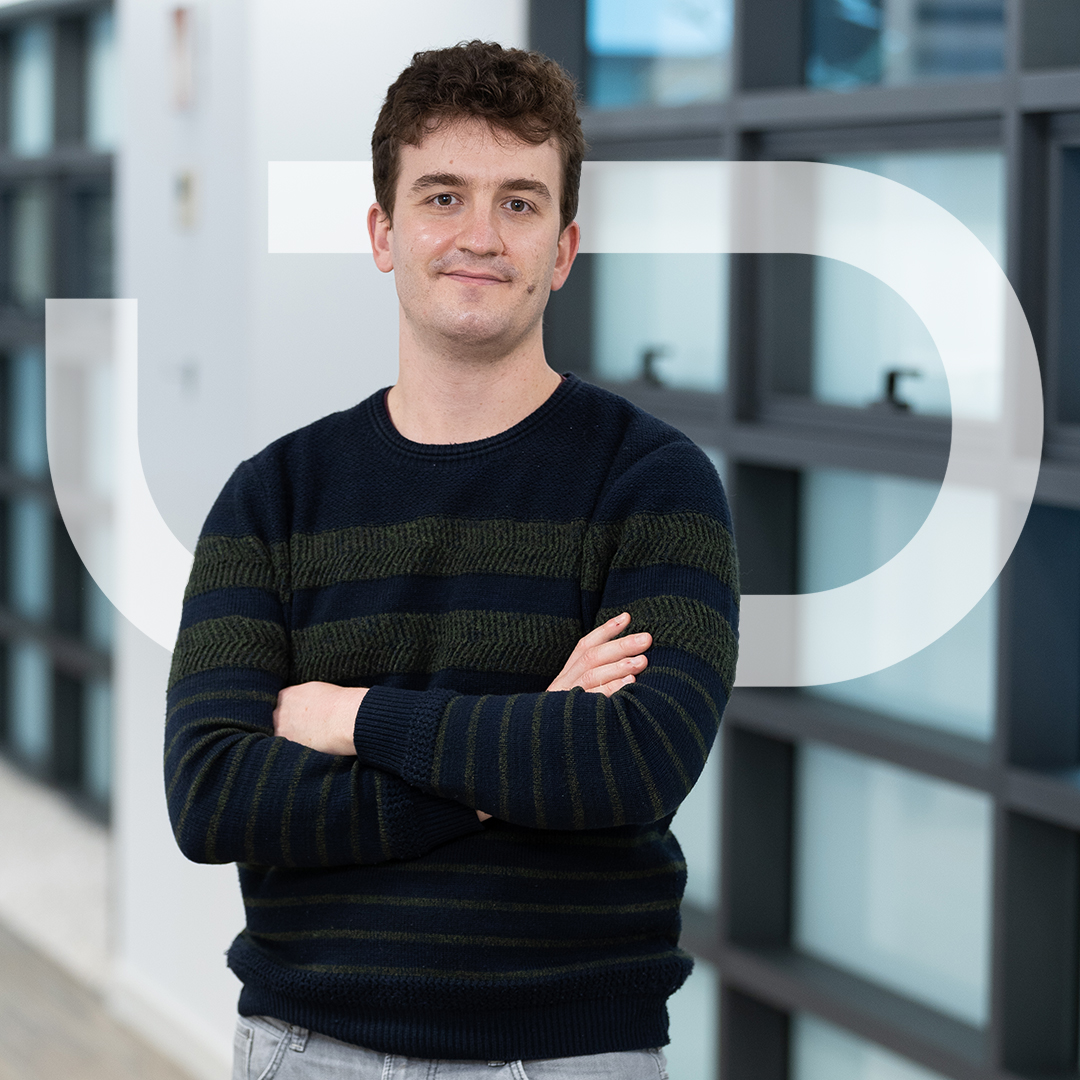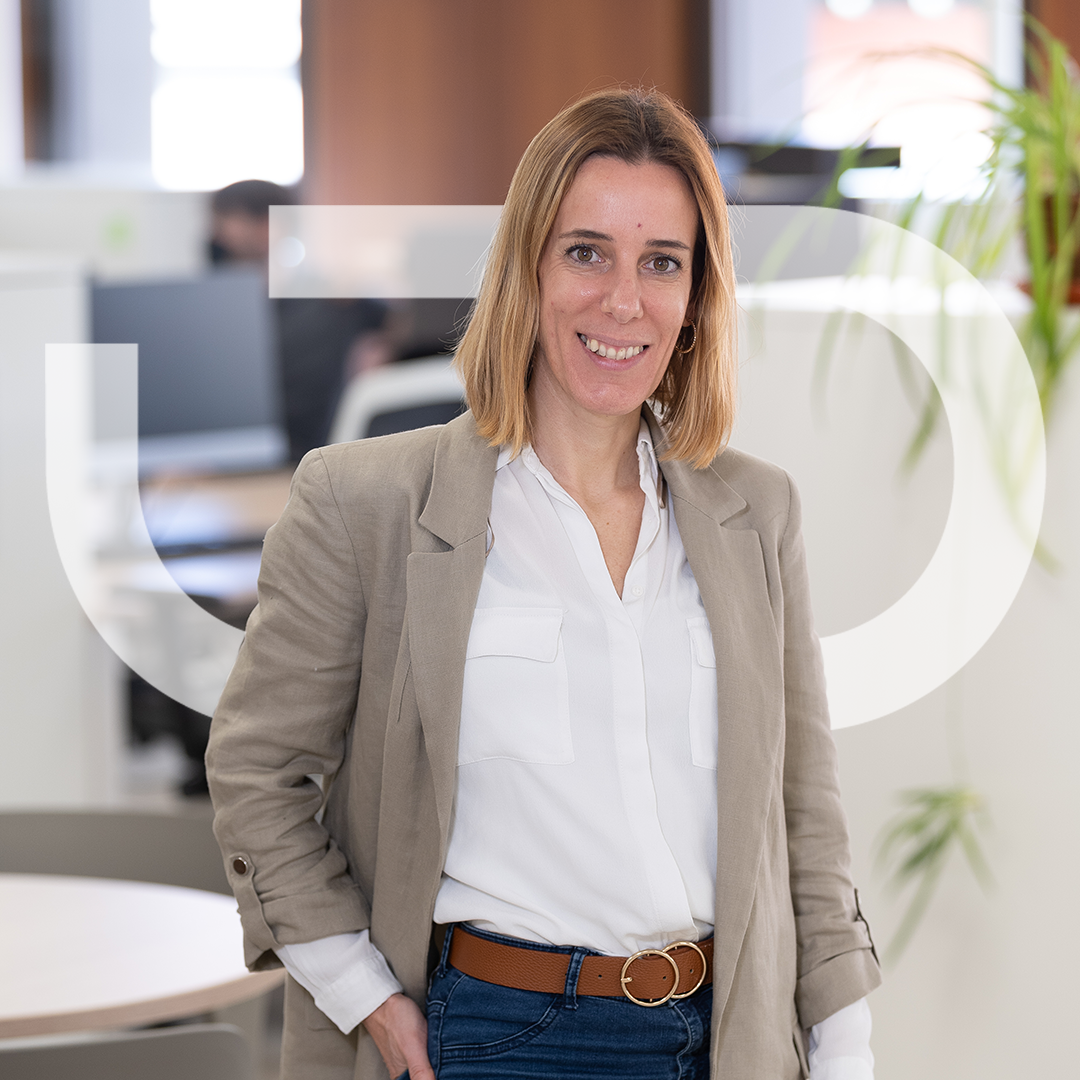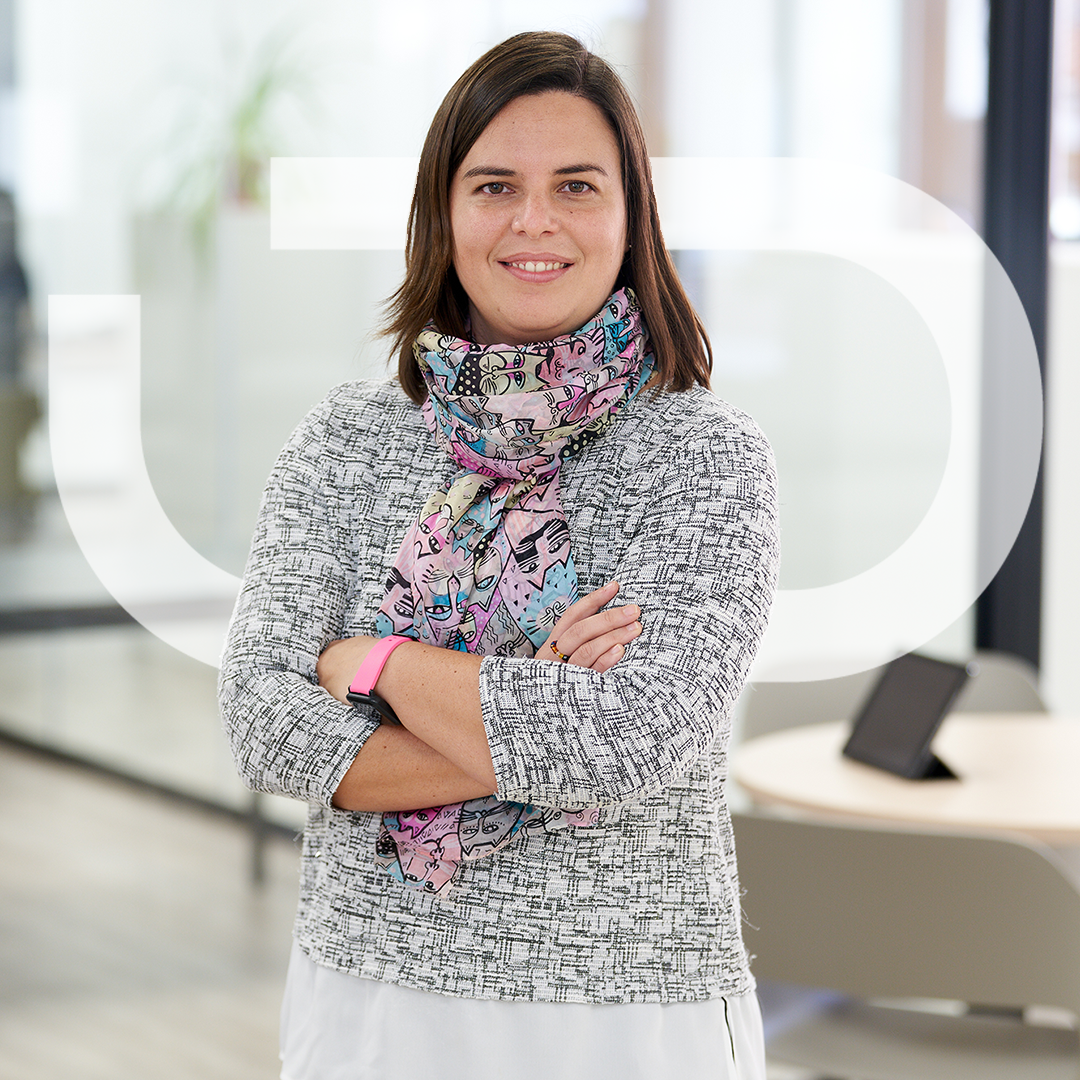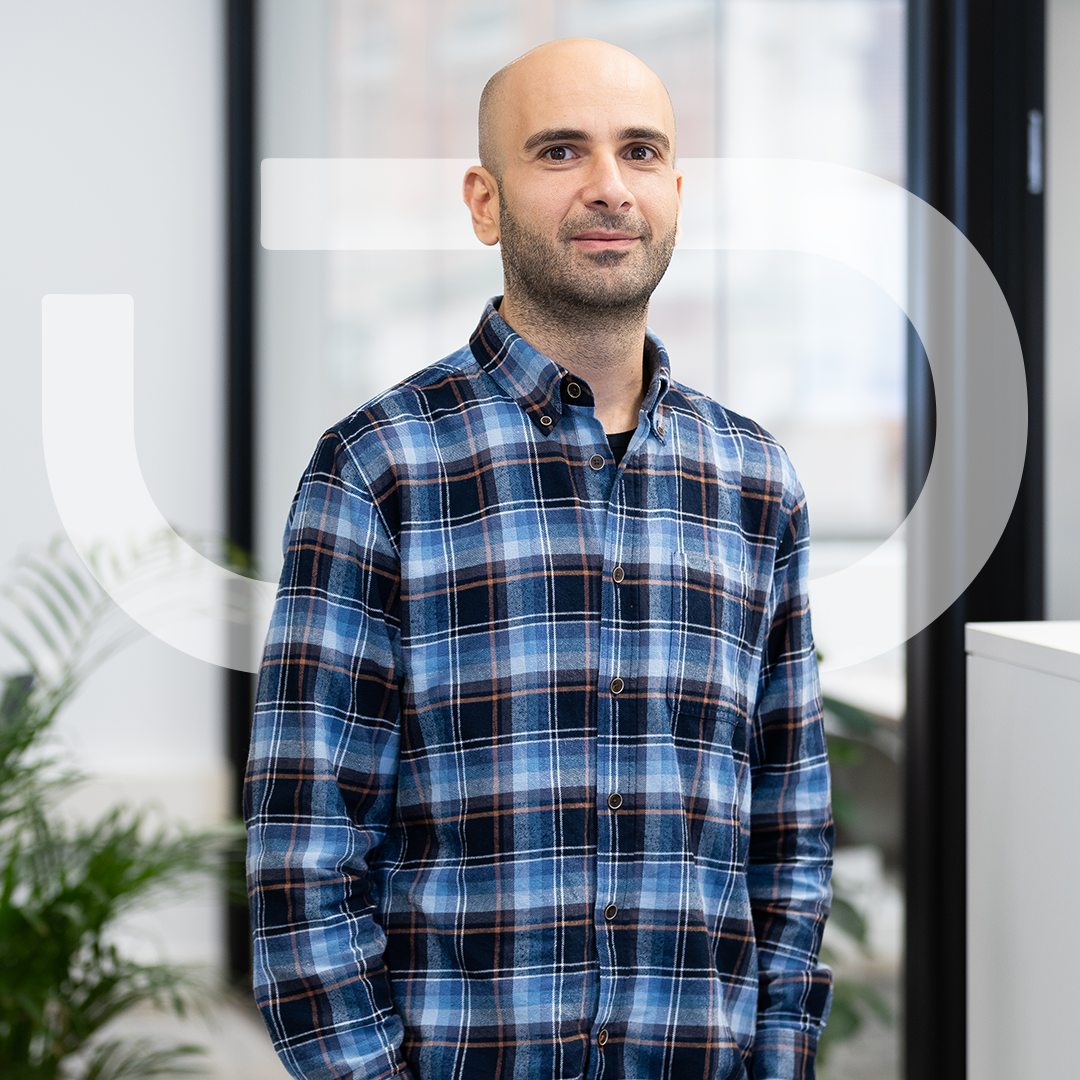Susana Garcia – We need more female role models
Susana García is Product Owner at Kurago. After years of an intense career, Susana is an example of success and female leadership in the world of software engineering.
In this interview, she broadly explains her experience to us and how she thinks younger women see the profession. As she herself says, she is in a privileged situation, which, unfortunately, on many occasions, other women do not have the opportunity to experience, either because they feel limited and do not dare to study scientific degrees, or because they cannot find their place in the job market for various reasons.
What did you study? How was your experience?
I studied Physical Sciences at the University of the Basque Country (UPV) and I specialized in Electronics and Automation. It was a pretty tough degree, but on a personal level it was a unique life experience for me, I guess like it is for most people.
Were there many women studying the same?
In my case, in physical sciences, there were quite a few women studying the degree. Despite being a scientific or technical degree, which we always associate with a greater male presence, in this case I had many female classmates.
Does that have to do with it being a more theoretical degree a priori?
I think so, yes. Engineering has traditionally been a career more associated with men. I believe that because physics or mathematics are linked a priori to a more academic environment, this translates into a greater female presence. In my case, I have not felt like I was in the minority, which may occur in a career like engineering.
When did you make the decision to study Physics? Were you reluctant in any way?
In my case, no. I had several degrees in mind, and I knew that I wanted to take a technical degree. You have to find something that makes you feel good and that you like.
I eventually thought about the option of being an engineer, and it was here when a strange thing happened to me. A friend of my parents was an industrial engineer, and when I mentioned to him that I was thinking of taking a technical degree and the idea of becoming an engineer, he was very blunt and said to me: “Do not study industrial engineering because it is a very “masculine” world and there are very few women. Perhaps you would be better studying another type of engineering like telecommunications or something like that”. That stuck with me.
In the end, I did not choose engineering. Not because of any reluctance, but because I was quite bad at technical drawing and I thought, “if I take technical drawing away from engineering, I am left with physics or maths”. But I have not forgotten that conversation.
Another person who I believe marked my path in a certain way was a Physics teacher that I had in high school. She was a role model to me, I admired what she did and I found it very interesting. Having certain role models is also something that influences you.
Although it was not relevant in your case, do you think that a comment like this can discourage a girl from studying something she likes?
Yes, absolutely. Imagine: you are 17 or 18, you are thinking about what to study and an older male engineer tells you that it is a very masculine world. He paints it that way, and it clearly has an influence on you. More so at that age when you are very indecisive.
To encourage scientific vocation among girls, I think it is essential that they have references around them.
How did you start in the world of work?
The Physics degree is quite theoretical, but my specialization was a bit more practical, more industrial. When I finished, I did not feel prepared enough to enter the world of work with what I had. So, I decided on a path that was an intermediate between the academic and professional worlds: a grant from the Basque Government for engineers to work at a research center. I had a 10% chance and I got in. It was a two-year grant and as my first work experience, it was incredible.
Thanks to this, it was not difficult for me to get started, but I did choose the professional path that I leaned towards last. I am not a software engineer, even though I am in this world. What is certain is that I have a very technical, very mathematical base, and that helped me to enter the world of software and finally the sheet metal industry. When I started working, I saw that there was more of a link than I thought between what I had studied and the industrial world.
Have you ever been treated differently at work because you are a woman?
In my case, I have not experienced that. I have not felt discriminated against for being a woman in my job position. Yes, I have been at more traditional companies in which I have sometimes felt a certain paternalistic treatment, and yes, on many occasions I have been the only woman in the department, although I think this is due more to the job market rather than a bias during recruitment.
In terms of lower pay or work, I have always felt like I am valued the same as my male colleagues. I have a feeling that I have sometimes been given managerial positions because I am a woman. For whatever reason, they have promoted me because they believed that I could do that job better than a purely technical one, hence what I said before about that feeling of certain paternalistic behavior. I don’t know if this was really the case, but it was my feeling.
What are the circumstances and work dynamic like at Kurago?
At Kurago, experience and personal knowledge are taken into account. A strange thing has also happened to me here; I have a two-year-old son and I have to say that, since I came back from maternity leave, things have been much better for me. This is the complete opposite of what usually happens. In this sense, I have had the opportunity to take on new responsibilities.
From the very first moment here, they have also respected my decision to reduce my working hours, and this has not limited my ability to take on new challenges. I know that I am privileged because what usually happens when you return from maternity leave is you find that there are certain limitations in your professional growth for a while.
Do you have growth perspectives within the company?
Yes, I am right on with it. Since I started, I have evolved a lot in a very short time: from software engineer to requirements engineer, and now Product Owner. My rise has been exponential, although this is thanks to my previous experience, of course.
How do you think young girls should be encouraged to choose science/technical careers?
An important point is that there are role models around them. I no longer mean that they know the names of the great scientists, but that they can see there are women who are dedicated to this field and that it is another option for them.
In the end, this world also has to attract you, you have to see what motivates you and you have to be honest; they are not easy careers. For this reason, the main thing is that you have a vocation and it pairs with your skills and abilities. We need to awaken interest from the first years of education.
